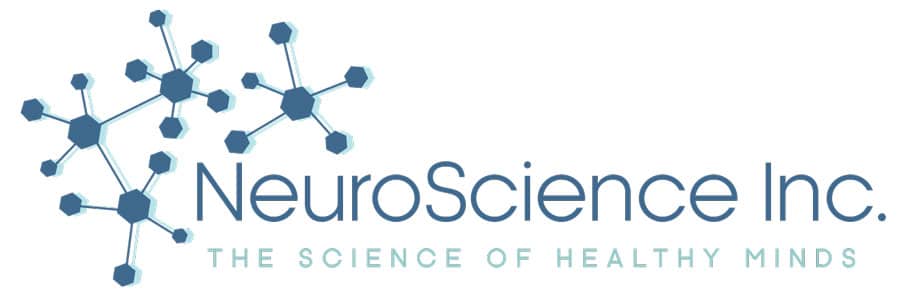ADHD
Why Treat ADHD Symptoms?
Although children with moderate ADHD symptoms may be physically healthy and intelligent, they typically will have problems at school and at home, difficulty getting along with peers, and trouble dealing with authority. Research shows significantly higher functional impairment in children and teens with untreated ADHD. They have higher rates of repeating a grade in school and dropping out of high school. They are more accident prone and are at greater risk for early sexual activity, teen pregnancy, and substance abuse. Untreated ADHD may have consequences in adulthood, including underemployment or loss of jobs, financial difficulties, damaged friendships, marital problems, and a higher incident of car accidents, arrests, and incarcerations.
Through our participation in ADHD research for the past 19 years, we bring a deep understanding of this condition to our treatment approaches. Dr. Keith Saylor and Dr. Sajjad Khan have conducted qualitative (interview) studies for children and adults with ADHD, as well as clinical trials for new and existing medications for ADHD.
In addition to serving as a Principal Investigator for 81 ADHD research studies, Dr. Saylor has developed the Life Participation Scale for ADHD (child and adult versions), which has been used in clinical research to measure and chart the improvements in ADHD symptoms not captured by other questionnaires. He is the primary author or co-author on 36 peer-reviewed publications on ADHD. Dr. Khan also has authored numerous peer-reviewed articles about ADHD gene studies and other ADHD topics, has presented ADHD research findings at professional meetings, and has served as an investigator on clinical research. Dr. Jupiter is a certified provider of Parent-Child Interaction Therapy (PCIT), an evidence-based behavioral training program for children with ADHD as well as other externalizing behaviors. Dr. Jupiter also conducts ADHD evaluations for all ages, using standardized assessment measures.
Through our continuing efforts, we have remained on the cutting edge of knowledge and treatment of ADHD. Although medication can provide significant symptom relief, single-treatment approaches usually do not meet all of the clinical management needs of individuals. The effectiveness of behavior treatments for ADHD is well supported by research studies.
OUR SERVICES FOR ADHD INCLUDE:
- Assessment and diagnosis
- Cognitive Behavioral Therapy
- Individual and group treatment options
- Parent training
- Academic support
- Coaching
- Educational presentations
- Consultation and coordination with school, work, and other health care providers
- Referrals for pharmacotherapy
